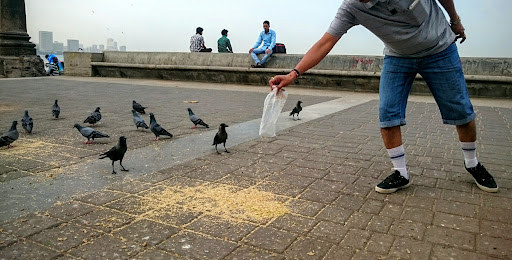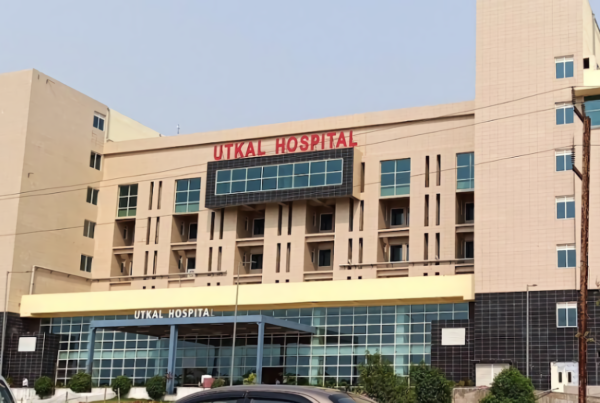What was once considered a harmless act of kindness — feeding pigeons — is now being flagged as a serious public health threat. Health experts and municipal authorities are sounding alarms after a rising number of respiratory illnesses have been linked to exposure from pigeon droppings and feathers.
The danger became starkly clear in a recent case from Delhi, where an 11-year-old boy developed Hypersensitivity Pneumonitis — a severe lung condition — after prolonged exposure to pigeon droppings near his home. The child required high-flow oxygen therapy and steroids to recover. Doctors say the disease is an allergic reaction caused by inhaling bird proteins, often found in dried droppings and feathers.
“This is not a one-off case,” said a pulmonologist treating the child. “We are increasingly seeing respiratory issues, especially in children, the elderly, and immunocompromised individuals, triggered by bird-related allergens.”
Mumbai Takes Strong Action
Responding to growing concerns, the Bombay High Court has declared pigeon feeding a public nuisance and a threat to health and sanitation. In a landmark judgment dated July 30, the court stated that the practice violates citizens’ fundamental right to health and clean surroundings.
Acting on this directive, the Bombay Municipal Corporation (BMC) has been granted the authority to file First Information Reports (FIRs) against individuals found feeding pigeons in public places — particularly in the city’s traditional kabutarkhanas (pigeon feeding enclosures).
The Maharashtra government has gone further, ordering the closure of all 51 kabutarkhanas in Mumbai as of July 3, and imposed a ₹500 fine on violators.
Between July 3 and 12, BMC officials fined more than 100 people and seized large amounts of bird feed from hotspots like Dadar, Goregaon, and the Gateway of India.
Resistance from Animal Rights Groups
However, the move has not gone unchallenged. Several animal welfare organizations and individuals have filed petitions opposing the demolition of heritage kabutarkhanas. During the hearing, the court noted that despite repeated orders, pigeon feeding continues — often disrupting municipal operations and posing health risks.
The bench clarified that while compassion for animals is commendable, it cannot come at the cost of public health.
Health Over Habit
Medical professionals continue to warn the public about the invisible dangers of feeding pigeons. Inhalation of microscopic particles from droppings can cause chronic lung conditions, skin infections, and in severe cases, permanent lung damage.
With increasing urban density and pollution, such added risks to respiratory health are no longer acceptable, experts say.
A Call for Responsible Action
As Mumbai takes the lead in curbing this practice, other cities may soon follow. Citizens are being urged to refrain from feeding pigeons in public areas and to support efforts to maintain urban hygiene.
“Feeding birds should not translate into harming humans,” said a senior BMC official. “Public spaces belong to everyone — and that includes the right to breathe clean air.”



